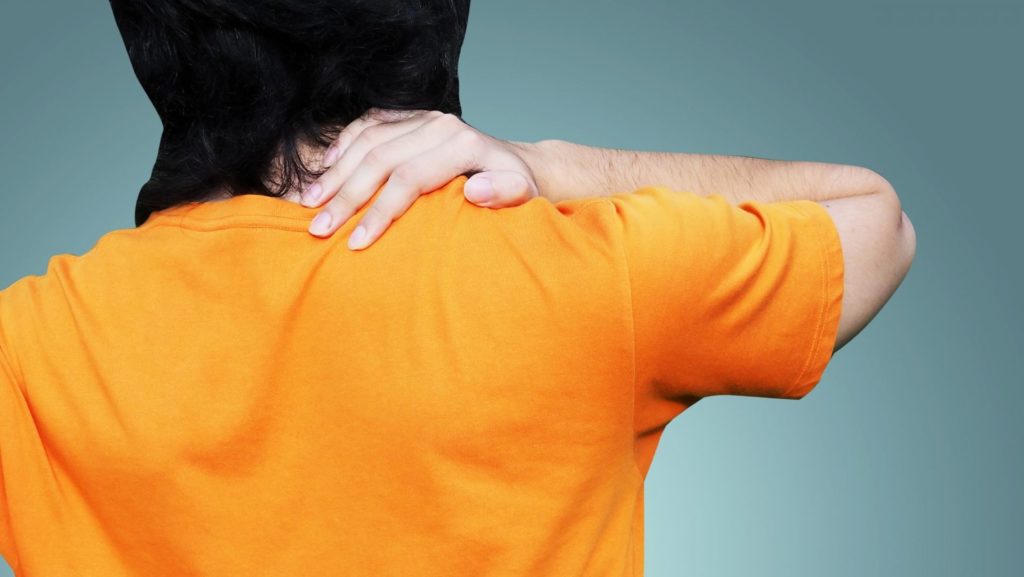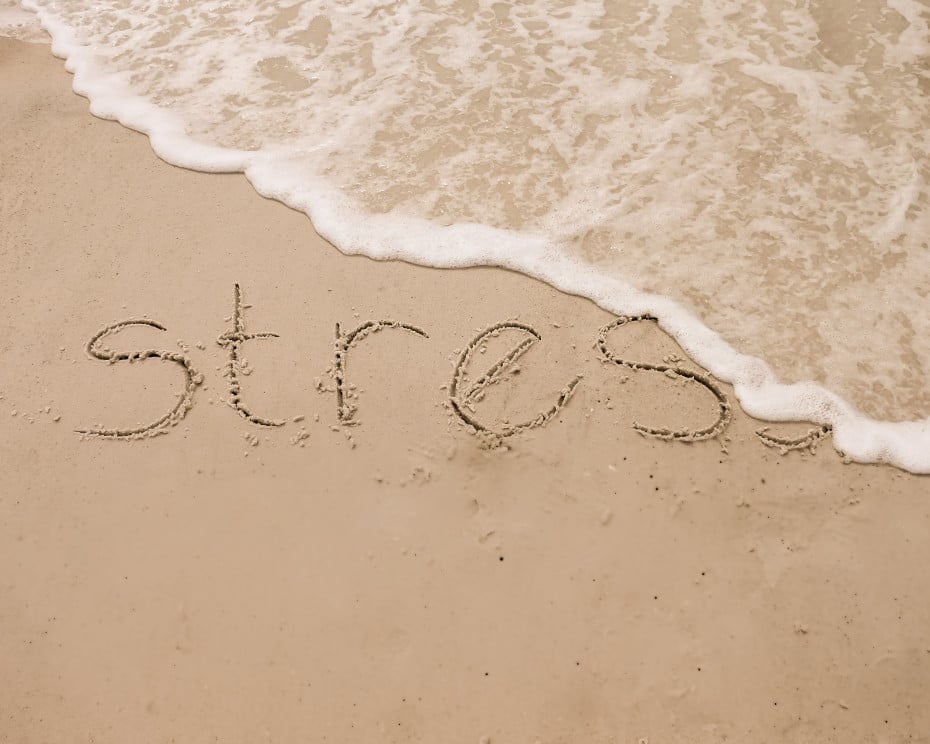Can’t Sleep? CBD Could Help Fight Insomnia
What we call “primary” insomnia is sleeplessness that has no chemical or environmental causes. Patients have difficulty in getting to sleep or staying asleep.
Sometimes it is an overactive mind that doesn’t allow rest. Insomnia affects 20-30% of adults and can occur during times of stress. It can be caused by altered neurochemicals such as the “sleep” neurotransmitters (serotonin or GABA) or come about because of increased stress hormone (cortisol).
Other forms of sleeplessness may occur as a result of substance abuse or drug withdrawal (including from marijuana). It can also be caused by a disruption of the body’s biological clock, such as a shift in time zones, jet lag or working at odd hours.
Poor sleep habits often contribute to the problem as well as medical conditions such as sleep apnea, restless legs, night sweats, and chronic pain.
The Effects of CBD Might Put You to Sleep
NOTE FOR FIRST TIME READERS: Cannabinoids – such as THC, CBD – and terpenes are the main medically active components in cannabis (aka marijuana). For more information on these components, and much more about the plant, see our section on the Science of Cannabis.
Patients who use medical cannabis for insomnia routinely report that it improves natural sleep. In a survey of patients in California, 71% stated that they were using cannabis to improve sleep, with 14% reporting that it was the main symptom for which they were seeking treatment.
Many had tried over-the-counter sleep aids or had been given a prescription for sleeping pills. They complained that sleeping pills didn’t work very well or had a “hangover” effect the next day. Some were concerned about the side effects or potential habit-forming properties of prescription sleeping aids.
Most patients have traditionally used THC rich strains for sleep as THC can reduce the time it takes to fall asleep, decrease REM sleep, and increase total sleep time. In studies of Sativex, an extract with approximately 1:1 CBD/THC, they found that “Sativex, while having little effect on the recorded sleep hours, rather produced marked changes in reported sleep quality.”
Several studies of Sativex in patients with pain confirmed improved sleep quality. Patients with insomnia used strains of mixed CBD and THC content. According to their data, it looks like a 1:2 mix of CBD/THC produced good results for sleep. They noted the strains and found Indica to be better than Sativa. CBD alone is generally not helpful for sleep unless it is used in high doses.
Research indicates that patients report improved sleep when using cannabis. Most patients who use cannabis for insomnia report better sleep with less drowsiness the next day as compared with over the counter or prescription medications. In fact, it suggests that CBD can reduce or eliminate their previous sleeping medicines, with fewer side effects.
Ironically, many pharmaceuticals that are used to treat insomnia may actually cause sleeplessness if they are withdrawn or skipped. Cannabis does not appear to create the same sort of dependence so people can use it as needed.
Better Than Warm Milk
For insomnia, it is important to use CBD products in a long-acting form, such as capsules, edibles or tincture, especially if you’re waking up in the middle of the night. Indica strains are considered to be the best as sedatives, especially those containing the terpene myrcene (skunk, musty aroma), which is sedating.
Preparations containing the cannabinoid CBN, even in small amounts are also effective. Dosage depends upon whether patients are weaning off of sleep medications, or have mild or severe insomnia. THC can be taken from 10 up to 50 mg, while 1 mg of CBN is all that is needed to be effective. CBD alone is not generally used for insomnia, but at high doses (50 mg or more) it can be sedating.
If you only need help falling asleep, then inhalation is for you. A few puffs of an Indica before bed is often enough.



